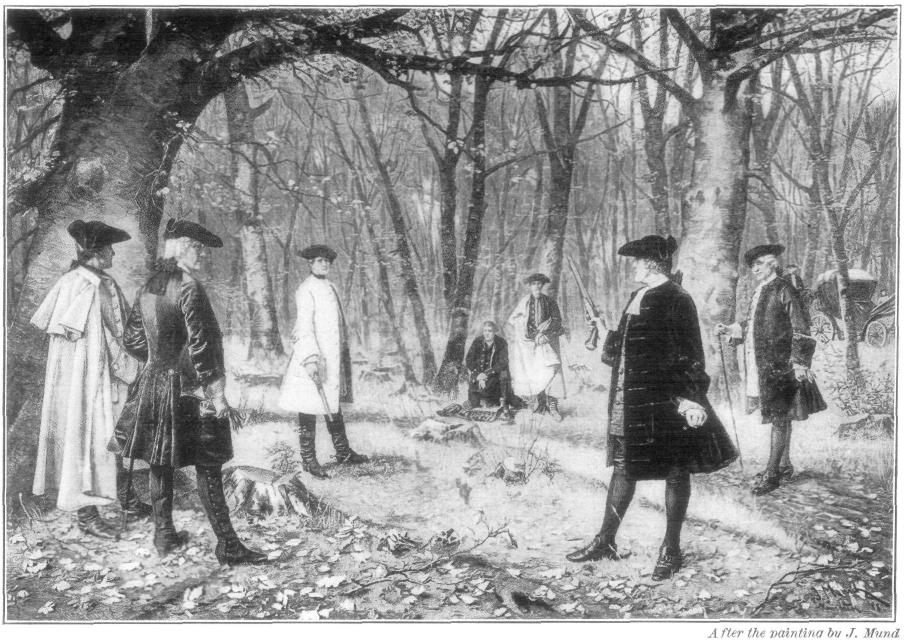I have been posting on the general topic of knowledge for development for some years now. I tend often to focus on knowledge for economic development. I believe that knowledge of resources, of how those resources can be used well to produce goods and services, and about the institutions involved in the economy can be used at all stages in economic development to increase productivity and improve the physical conditions of life.
It seems clear to me that knowledge can also be a key factor in political development. I think the American founding fathers had it right when they said that governments are instituted among men in order to secure their rights, and people need to know how better to do so, and how better to manage their governments. Knowledge is the key to good government policies, and that transparency that allows people to know about the actions of those with power helps to control the corruption that so negatively affects governance in so many societies.
I suggest that knowledge is also central to social and cultural development, and indeed a population in which knowledge is widely spread and valued seems to be an important index of social and cultural development.
I see the rights to create and share knowledge as being fundamental, and of course instrumental to development. Freedom of investigation and freedom of speech seem obviously both intrinsically and instrumentally valuable.
It seems to me that many people in many countries are willing to trade these freedoms for security. Of course, there are survival needs that take precedence over the desire for knowledge and freedom if survival is threatened. Does the starving man stop the search for food to have a stimulating conversation? However, people seem often willing to give up knowledge-related rights for comfort rather than survival.
Of course, rights to knowledge should be but often seem not to be combined with a thirst for knowledge. That thirst is a cultural trait, and the respect for cultural diversity would seem to be perverted if it is interpreted as a relativistic acceptance of passivity in the acquisition of knowledge.
Why do some cultures incorporate a thirst for knowledge -- think of Jewish or Hindu. Why has anti-intellectualism been characteristic of so many Americans for so long a time? How does one attack American black culture's too frequent attribution of a thirst for knowledge in its young members as selling out to the larger society? Why do schools so often dampen children's thirst for knowledge rather than reinforcing it?
Of course some answers are easy. The thirst for knowledge should be encouraged in the young, not discouraged. The knowledgeable and wise should be respected; those who acquire and utilize knowledge for development should be encouraged, not discouraged. Yet where do people start, especially in those societies in which the power elite have developed anti-knowledge policies and institutionalized anti-knowledge practices?
With half the world's population, some 3.5 billion people, living at the threshold of survival, how do you empower poor people in poor countries to want more knowledge?
Perhaps knowledge for development policies should be based on approaches which combine:
- cultural approaches to increasing the thirst for knowledge
- socio-economic approaches to giving people the luxury of searching for knowledge without endangering their very survival
- political approaches to dis-empowering those who would deny their fellows access to knowledge or benefits from the utilization of the knowledge they acquire.
 I like to think of information as that which is transmitted from source to receiver, from person to person. Knowledge is an internalization of information. I know something or I do not. I may not understand or remember information that is provided to me.
I like to think of information as that which is transmitted from source to receiver, from person to person. Knowledge is an internalization of information. I know something or I do not. I may not understand or remember information that is provided to me.


















